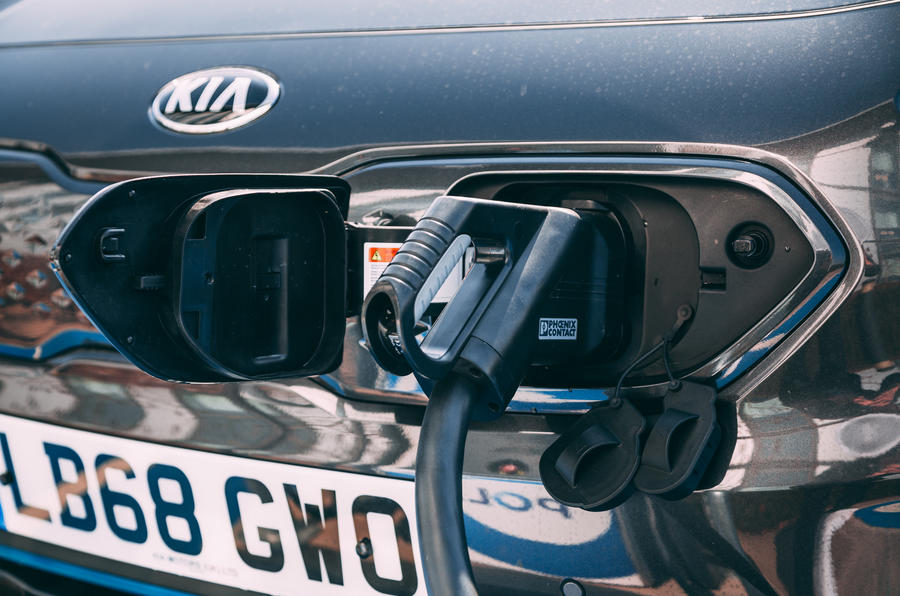The UK government has pledged an additional £2.5 million for local authorities to install electric car charging points in residential areas.
The investment is expected to fund the installation of more than 1000 new charging points, and brings the government’s total outlay in the On-Street Residential Chargepoint Scheme to £5m.
The scheme was launched in 2017 by the Office for Low Emission Vehicles (OLEV), and invited local authorities around the country to apply for up to £100,000 of the original £2.5m to improve EV infrastructure in areas with no off-street parking.
The charging points can be installed in existing street furniture, such as lamp posts, which keeps costs down. OLEV will contribute up to £7500 per individual installation but estimates most will cost much less.
Successful local authorities are not required to designate EV-only parking spaces next to the new charging points but must ensure they can be accessed easily by local residents. To this end, OLEV recommends that double-headed charging points, capable of charging two vehicles at once, are installed wherever possible.
The previous round of investment attracted 16 local authorities to participate in the scheme, including Brighton and Hove, Lambeth and Reading, and a total of 1200 new charging points will be installed before the end of 2019.
This latest move follows a surge in popularity for electric vehicles in the UK, with a 158% increase in EV sales in July compared with the same period in 2018.
Transport secretary Grant Shapps said: “It’s fantastic that there are now more than 20,000 publicly accessible charge points and double the number of electric vehicle charge points than petrol stations, but we want to do much more.
“It’s vital that electric vehicle drivers feel confident about the availability of charge points near their homes, and that charging an electric car is seen as easy as plugging in a smartphone.”
The On-Street Residential Chargepoint Scheme is part of the government’s £1.5 billion ‘Road to Zero’ strategy, which aims to help the UK reduce CO2 emissions to almost zero by 2050.
Industry executives from firms including Jaguar and Mitsubishi have previously criticised the UK’s electric vehicle infrastructure for its inability to support the growing number of EVs on the roads.









Join the debate
Add your comment
Enlightenment.......
Can someone please inform as to the safety of on Street Charging, how safe is it?, are they vandal safe?
Is anything vandal safe?
Is anything vandal safe? Cable/telecoms cabinets, street lighting etc? Safe to use should be a given though as long as it's in good condition, same with all charging points surely? Just got to hope no one unplugs you and nicks your cable I suppose?
Will this money make a difference and how many local councils are utilising it? But any investment is surely a good thing.